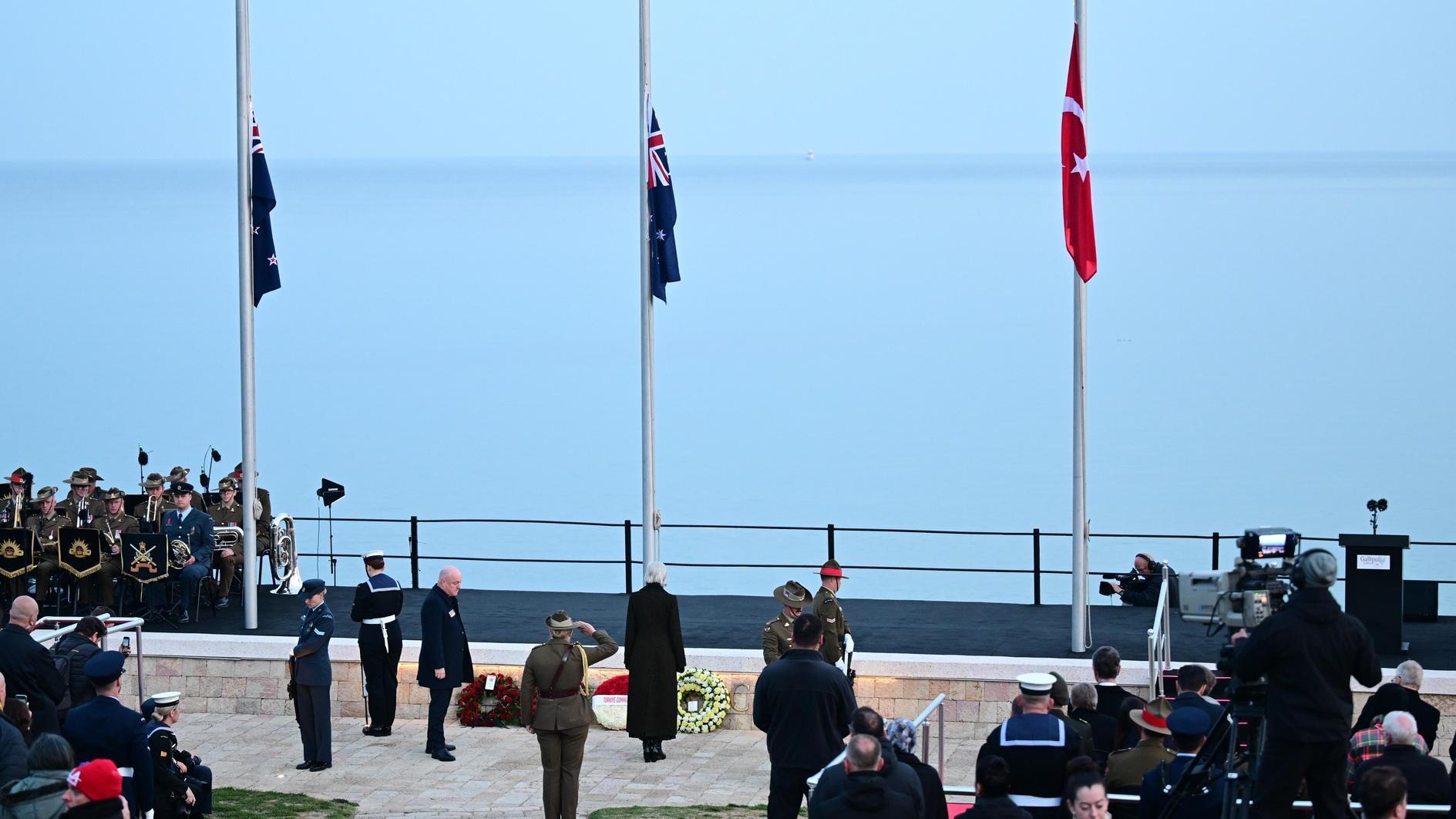‘Country’s largest ghost net’ removed from Marmara Sea
ISTANBUL

Divers from the Coast Guard Command on June 7 discovered Türkiye’s largest ghost net, estimated to have been in the sea for at least a decade, in the Marmara Sea and collected it to recycle.
The net measuring 5,000 square meters was found off Maltepe during the environment week activities in the country. A collaborative effort involving the Agriculture and Forestry Ministry’s fisheries directorate, the Coast Guard Command, the Marmara and the Straits Regional Command, police’s seaport directorate and Gedik University led to the retrieval of the massive ghost net.
After two days of extensive study, experts determined that the net removed from a depth of around 30 meters had been in the sea for a decade, yet marine life still thrived on it. This ghost net is believed to be the largest of its kind in the country.
Güvenç Sorarlı, an academician from Istanbul Gedik University, revealed that the enormous ghost net was discovered attached to a sunken ship at the bottom of the sea.
Sorarlı proposed a solution, stating, “We ask the fishermen to share the coordinates of the nets they leave at the bottom with us, then we will remove them with ships and cranes.”
Ata Aksu, another academician from the same university, emphasized the detrimental impact of such ghost nets, saying, “In some cases, snags may occur due to the topographic structure of the seabed. After a while, it starts to prevent the nesting of both fish and other creatures. It causes serious damage to the ecosystem.”
Authorities reported that as part of the operation, ghost nets equivalent in size to covering 1.5 football stadiums and 10 acres of land have been removed from the sea and sent for recycling.
Ahmet Yavuz Karaca, the ministry’s Istanbul head, announced, “Within the scope of the protocol we signed with the Education Ministry, the nets removed will be transformed into ornaments and will also be used in the manufacture of white goods and durable consumer goods in industry. They will enter homes as a refrigerator button, or a washing machine drum.”
Furthermore, the project entailed sweeping an area of 4.7 million square meters in 184 locations up to 2021, resulting in the removal and recycling of over 200 ghost nets from the seabed.
Since last year, in a bid to eradicate the problem of ghost nets and prevent poaching, fishermen who are engaged in commercial fishing in the seas have been required to attach QR code tags containing personal information to all their net materials.
According to the Agriculture and Forestry Ministry’s data, some 18,500 vessels engaged in fishing activities in the seas and inland waters of Türkiye in 2020.
















